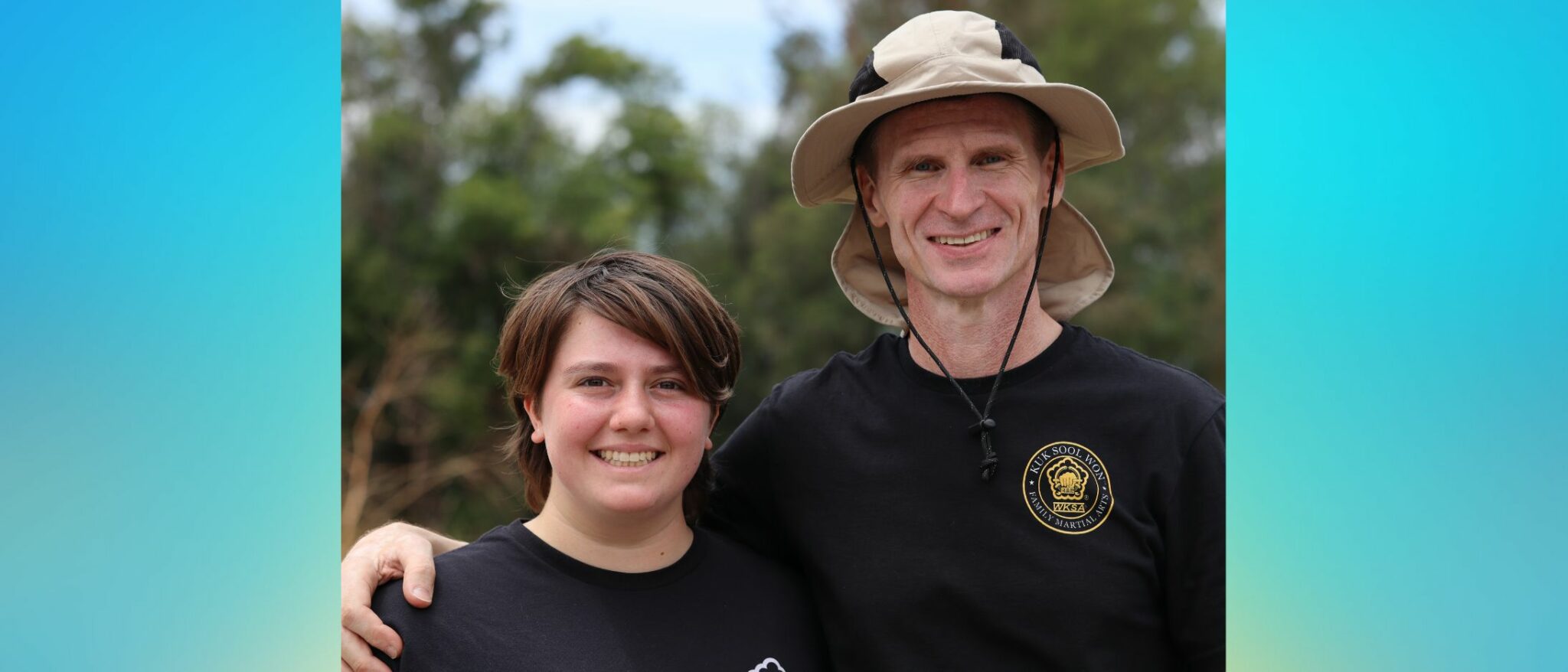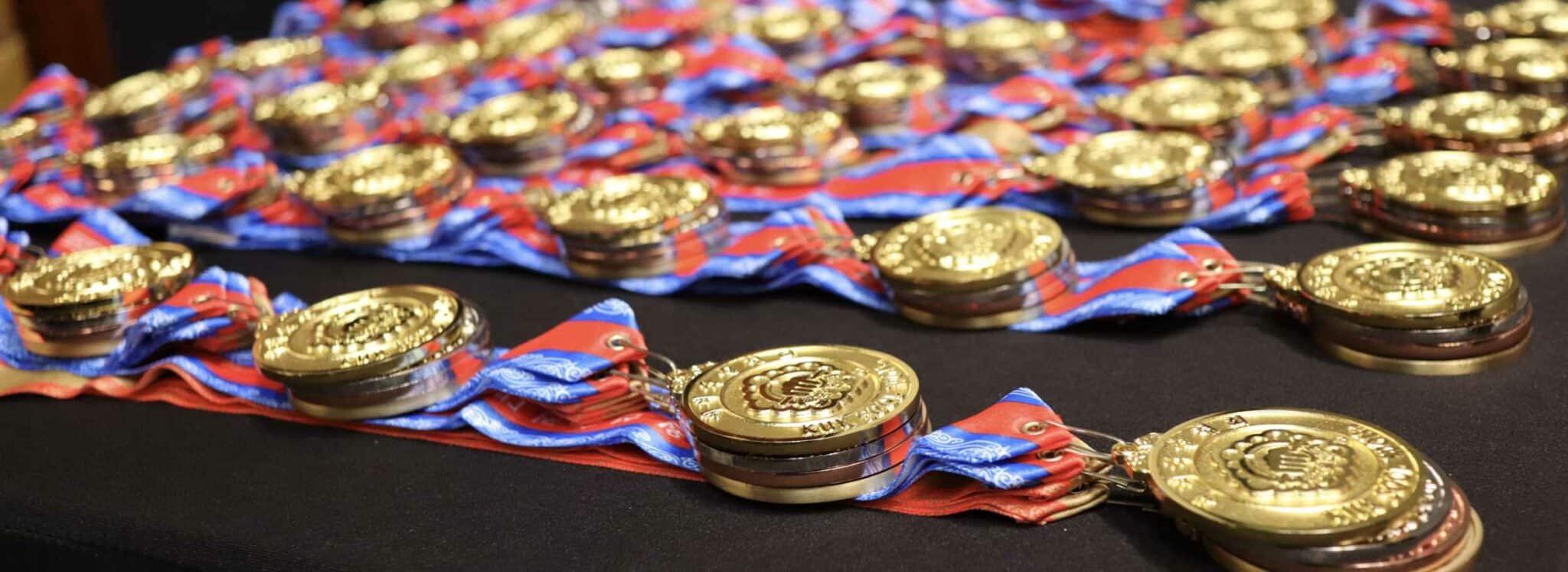The Power of Gratefulness: Unlocking the True Value of Appreciation
In a world that often moves at a frantic pace, it’s easy to overlook the significance of expressing gratitude. Many of us use the terms “grateful” and “thankful” interchangeably, but as we delve deeper into their meanings, we find that being grateful goes beyond simply saying “thank you.” In this blog post, we’ll explore the transformative power of cultivating a genuine sense of gratefulness in our lives. Join us on this journey as we uncover the difference between being grateful and thankful, and discover how practicing gratitude can add value to our relationships and lead us to a more fulfilling and rewarding life.
“Gratitude turns what we have into enough.” – Melody Beattie
“When you are grateful, fear disappears and abundance appears.” – Tony Robbins

“Gratitude unlocks the fullness of life.” – Oprah Winfrey
The Difference Between Being Grateful and Thankful:
While both gratefulness and thankfulness involve acknowledging the kindness or thoughtfulness of others, being grateful is a deeper and more intentional state of mind. Our students learned the Korean word for Grateful this week is 고맙다 pronounced: “gomabda” which is a mindset that permeates every aspect of our lives, allowing us to recognize and appreciate the blessings around us, both big and small. Being grateful goes beyond merely expressing gratitude; it involves cultivating an attitude of appreciation in all our interactions and experiences. Our Kids Martial Arts classes encourage students to learn the difference between being thankful and grateful. We help then demonstrate gratitude to their parents classmates and Instructors. Here are some of the examples we use during our mat chats and Leadership Training.

Benefits of Cultivating Gratefulness:
1. Nurturing Relationships:
“Gratitude can transform common days into thanksgivings, turn routine jobs into joy, and change ordinary opportunities into blessings.” – William Arthur Ward Gratefulness strengthens the bonds we share with our loved ones. When we approach relationships with a genuine sense of appreciation, we become more attentive and aware of the efforts and sacrifices made by others. By helping them express gratitude during class, we create an environment of positivity and reinforce the connection between fellow students.
2. Enhancing Emotional Well-being:
“Gratitude is not only the greatest of virtues, but the parent of all others.” –
Marcus Tullius Cicero
3. Fostering Personal Growth:
“Gratitude makes sense of our past, brings peace for today, and creates a vision
for tomorrow.” – Melody Beattie
Gratefulness fuels personal growth by facilitating self-reflection and introspection. Martial Artist learn to reflect on their thoughts to help them improve their focus while learning new skills. When we appreciate the lessons learned from past experiences, we cultivate resilience and develop a positive mindset. We often call this Black Belt focus or 초점. Gratitude empowers us to navigate life’s obstacles with grace and fortitude, enabling us to grow stronger and wiser.

4. Boosting Physical Health:
“Cultivate the habit of being grateful for every good thing that comes to you, and to give thanks continuously.” – Ralph Waldo Emerson Gratitude isn’t just beneficial for the mind; it also positively impacts our physical health. Studies have shown that practicing gratitude is linked to lower stress levels, improved sleep quality, and overall better health. This can contribute to improved grades, better study habits and more passion to learn. By acknowledging and appreciating the positive aspects of life, we contribute to our well-being on both mental and physical fronts.
5. Strengthening Resilience:
“In the midst of winter, I found there was, within me, an invincible summer.”
– Albert Camus
Cultivating gratitude acts as a powerful tool in building resilience. It encourages us to focus on our strengths and the support systems available to us. When faced with challenges, a grateful mindset helps us navigate difficulties with a more optimistic outlook. Kuk Sool Won™ Family Martial Art youth and teens students develop a never give up mindset. Our curriculum is designed to keep them challenged and engaged while having fun learning. This resilience becomes a cornerstone for overcoming adversity and bouncing back from life’s setbacks.
Practical Steps for kids and adults to Cultivate Gratefulness:
1. Keep a Gratitude Journal:
Begin each day by writing down three things you are grateful for. This simple practice helps shift your focus towards the positive aspects of your life and allows you to find joy in the little things.
2. Practice Mindfulness:
Be fully present in the moment and appreciate the beauty around you. I suggest getting a routine that works for you and stick to it. I have a morning routine I’ve practiced for many years that helps me live in the moment. Whether it’s the warm sun on your skin or the laughter of loved ones, mindfulness helps us cultivate a sense of gratefulness for the present moment. All children can benefit from a being in the moment skill set.
3. Express Appreciation:
Take the time to express heartfelt gratitude to those who have made a positive impact on your life. Since 2020 we have made every Thursday “Thankful Thursdays”. At the beginning of class Students report what they are currently thankful for. A genuine “thank you” can go a long way in strengthening your relationships and fostering a sense of unity and support. This simple but effective method gives our students a boost of learning energy.
4. Celebrate Small Achievements:
Acknowledge and celebrate your personal accomplishments, no matter how small. By recognizing and appreciating your efforts and successes, you reinforce a positive mindset and cultivate a grateful attitude toward your own journey of growth and achievement.
5. Connect with Nature:
Spend time outdoors and connect with nature. Whether it’s a walk in the park, gardening, or simply appreciating a sunset, immersing yourself in the natural world fosters gratitude by recognizing the beauty and wonders that exist beyond our daily routines. Practicing Kuk Sool Won™ outdoors is fun and gives our school time to recharge while making the valuable connection with nature.
6. Practice Grateful Listening:
When engaging in conversations, actively listen and find moments to express gratitude for the insights and perspectives shared. We teach our kids martial arts students the “Three steps of listening method”. 1. No talking 2. No moving 3. Eyes on the teacher. This not only strengthens their interpersonal connections but also cultivates a habit of appreciating the diverse experiences and wisdom for everyone.

Being grateful is about adopting a mindset of appreciation, recognizing the abundance in our lives, and valuing the connections we have with others. By choosing to cultivate gratefulness, we embark on a transformative journey towards a more fulfilling and rewarding life. Let’s embrace the power of gratitude and actively seek opportunities to show appreciation for the blessings and experiences that come our way.
What we believe:
At Kuk Sool Won™ Family Martial Arts, we believe in nurturing gratitude, discipline, and personal growth within our community. If you are seeking not only to learn martial arts but also to embark on a transformative journey of self-improvement and become part of a supportive community, CONTACT US today. Let us guide you on the path to becoming a stronger individual while building a stronger community together.

